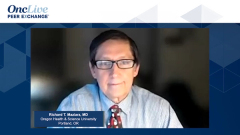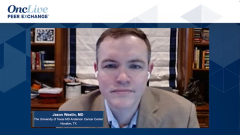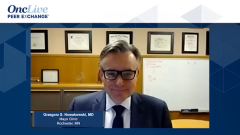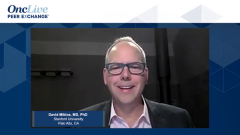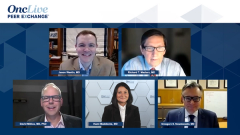
Refractory vs Relapsed Patients with Diffuse Large B-Cell Lymphoma
Dr Nowakowski discusses patient heterogeneity and treatment of relapsed vs refractory patients with DLBCL.
Episodes in this series

Transcript:
Kami Maddocks, MD: Before we move on, Dr Nowakowski, you had some data recently at ASH [American Society of Hematology Annual Meeting] regarding refractory vs relapsed patients. Do you have any comments to add about how you approach your treatment or any differences?
Grzegorz S. Nowakowski, MD: This was a very interesting way of looking at this, because we all know that those refractory patients are heterogeneous as well, given the definition that we use. In different studies, those patients are defined differently. Sometimes it’s a relapse within 6 months or 12 months post-therapy. Sometimes it’s not achieving CR [complete response]. Sometimes it’s the worst of the worst as we perceive the patients who progress through the treatment or by the end of the treatment. We’re looking at a large cohort of patients in our database—over 1000 patients—and identified the ones who are primary refractory by extended definition, and then we have focused on different and narrowing this definition.
What’s important is that it’s clear that patients who truly progress through a treatment followed by the patients who didn’t achieve CR are the ones who are doing poorly. Patients who relapse later on are still a high-risk group, but they do much better than others. This is a function of the fact that patients who progress with the treatment and patients who have never achieved CR don’t respond well to salvage treatment. I hope that that with the new cellular approaches with CAR [chimeric antigen receptor] T-cell approaches, the outcome of those patients will improve because we know that salvage chemotherapy has an extremely low response rate in those patients. In the same work, we had shown that proceeding with salvage chemotherapy and then transplant wasn’t an effective strategy in those patients.
Transcript edited for clarity.


